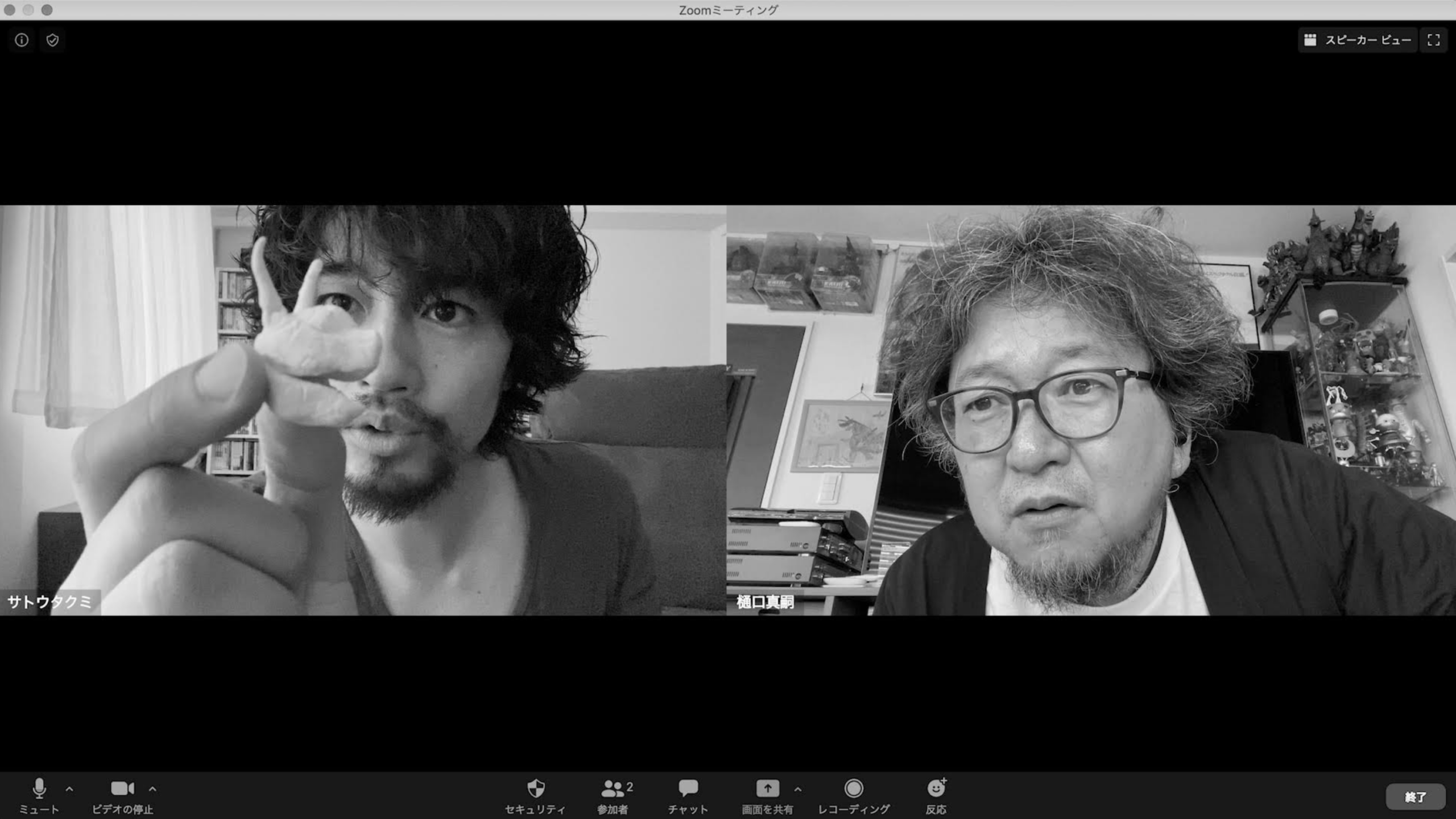What can be said about the Covid-19 pandemic that hasn’t been observed before? To say these are strange and tragic times would be a vast understatement, but director Shunji Iwai’s The 12 Day Tale of the Monster who Died in 8 recognises this and crafts a film that’s equal parts quietly sobering and wonderfully optimistic. Our Culture reviews the film here for its selection from the 2021 Fantasia International Film Festival.
Takumi Saitoh is a young man who spends his time talking with friends over video chat – the only way he can see them thanks to the pandemic. He buys a “Capsule Monster” online, and hopes it can grow up to fight the coronavirus. The film’s structure switches between Takumi documenting the monster’s growth in online vlogs, and his video chats with friends and colleagues.
For the uninitiated, a “Capsule Monster” is a type of creature that first appeared in 1967’s Ultra Seven television programme. These good beasts were often sent out to do battle with an evil monster before the titular hero showed up himself.
Indeed, it must be stated that fans of Tsuburaya Productions’ landmark Ultraman franchise will have plenty to enjoy with Iwai’s film. Just when you think the name “Capsule Monster” was the Ultra reference itself, the film namedrops Ultra Seven directly, along with a whole host of other characters, stories, and moments throughout the franchise’s history. In fact, the whole film is seemingly set in a world in which those programmes are real.
Shinji Higuchi, special effects director for Shusuke Kaneko’s ‘90s Gamera trilogy, and co-director of 2016’s Shin Godzilla, makes an appearance as “the director”, a colleague of Takumi’s. Once again, fans of the genre will enjoy hearing Higuchi referred to as a “monster expert” by Takumi, and indeed he provides wonderful explanations whenever the Capsule Monsters change shape. That said, some of these references may leave average viewers scratching their heads.
There is both a charming familiarity and a quiet melancholy to the picture. As Takumi and his friends talk online, much of their conversation is filled with the everyday banalities we’d normally have in person. We’ve all experienced the kind of harmless chatter Takumi has throughout the film, distanced via a computer screen. The recognisable chat delays, electronic echoes, and inconsistent eye contact are oddly comforting. We’ve all seen, heard, and lived it! But that same feeling gives way to a great deal of sadness. We’ve all seen, heard, and lived it for so long.

In turn, that’s how Iwai is able to do so much with the movie. The very premise is strange, yet it is rendered believable because the times we live in are just as absurd. Takumi’s desire for his Capsule Monster to defeat the coronavirus is funny, but it is also earnest. In how he talks with his friends online, and how they grumble about being cooped up inside, a shared connection forms between character and audience. I think I’d like a Capsule Monster to come and destroy Covid, and it’s partly down to sharing the same grief as these characters.
But hope isn’t lost. Shinji Higuchi’s director offers an interesting point about the Capsule Monsters. He comically notes how they never win against the bad monsters; they just stall for time. Opening and closing the film are statements from Takumi about the brave front line workers who have given so much during this pandemic, and so the idea of the Capsule Monsters’ role comes to the forefront.
We’re not out of the woods yet. Covid-19 cases continue the world over, and we have lost so many already. But there are glimmers of hope. In Ultra Seven, the Capsule Monsters may not win, but they do their best to buy time and stave off the evil monsters. Even if Covid-19 isn’t completely gone right now, every moment that it’s stalled or slowed down is a victory in and of itself. Maybe Takumi’s monsters won’t save the world, but even if they just slow Covid-19 down, it’s still something.
It’s a testament to Shunji Iwai’s craftsmanship as a filmmaker that their film was able to touch me in such a way.

